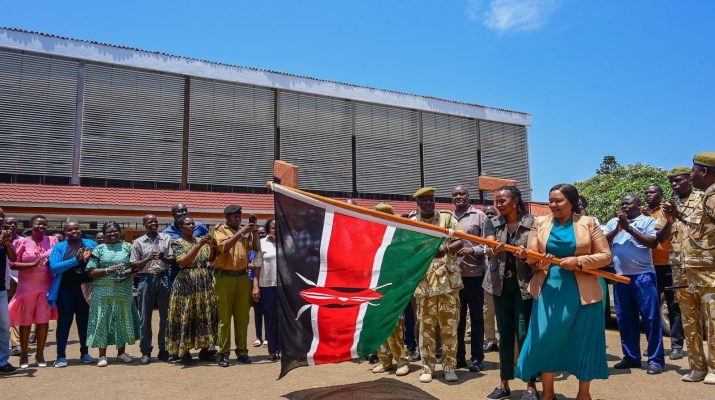By Dorothy Musyoka
In celebration of World Tourism Day, the government has launched a sensitization drive for County Wildlife Conservation Committees in Western Kenya, with a focus on improving the compensation process for victims of Human-Wildlife Conflict (HWC).
This initiative is a critical part of the government’s broader strategy to promote tourism while fostering peaceful coexistence between local communities and wildlife.
“Wildlife Kenya has begun piloting a digital compensation scheme in six counties: Meru, Laikipia, Narok, Baringo, Kajiado, and Taita Taveta. If successful, we plan to extend this initiative to other counties, ensuring faster and more efficient support for affected communities,” stated Tourism CS Miano.
According to Tourism Cabinet Secretary Rebecca Miano,since the 2022/2023 financial year, the government has disbursed Ksh 1.868 billion in HWC compensation claims, allocating Ksh 908 million in FY 2022/2023 and Ksh 960 million in FY 2023/2024.
The government’s commitment to clearing the backlog of claims by 2026 has been reinforced with the upcoming nationwide verification exercise, which will ensure that the compensation process is based on accurate data.
“We are committed to clearing the backlog of these claims by 2026. A nationwide verification exercise will begin soon to ensure accurate data on the full extent of compensation claims across the country,” stated the CS.
In a bid to further strengthen conservation efforts, the government has also recruited 1,500 new rangers and cadet officers.
This recruitment drive will boost the Kenya Wildlife Service’s capacity to manage the growing challenges of wildlife protection and conservation across the country.
These measures underscore the government’s commitment to safeguarding Kenya’s wildlife heritage while promoting sustainable tourism.
The initiative also reaffirms the importance of supporting communities living near wildlife habitats, ensuring they are fairly compensated for any loss or damage caused by human-wildlife interactions.

